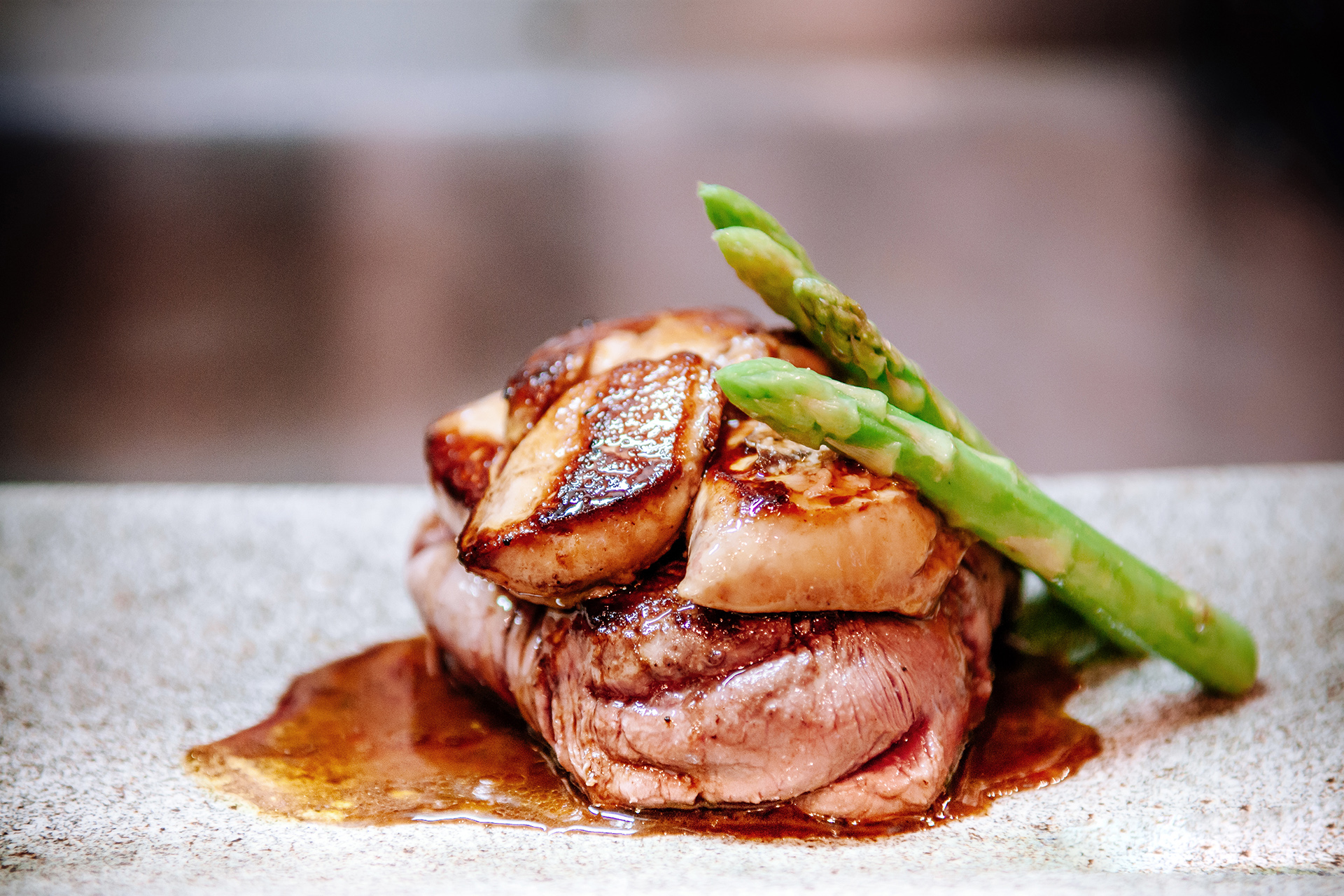What is fattened duck liver? What are its benefits and harms? What are the details of the legal battle that New York City is currently witnessing about it?
What is fattened duck liver?
Fattened duck liver (Foie gras) is rich in fat, vitamins and minerals, with the liver acting as a storage organ for many nutrients, according to a report in Healthline.
Nutritional ingredients in fattened duck liver
Approximately one ounce of fattened duck liver (28 grams) contains:
- 130 calories.
- 3 grams of protein.
- One gram of carbohydrates.
- 12 grams of fat.
Is fattened duck liver healthy?
Due to its high fat content, fattened duck liver should be consumed in moderation, as one serving of foie gras provides approximately 20% of the recommended daily value for fat. A diet high in fat, especially saturated fat, can lead to a number of health complications, including atherosclerosis and heart disease.
Because of its high fat content, fattened duck liver should be consumed in moderation (Reuters)
How is fattened duck liver obtained?
A key part of the production of fattened duck liver is compulsory feeding. This diet is based on corn, a highly fattening food, which leads to rapid weight gain and fat accumulation in and around duck livers.
And the fattening process is what makes this type of liver delicious. In fact, forced feeding enlarges the bird's liver by up to 10 times.
Ducks are force-fed from the age of 3 months using pressing machines with plastic tubes and others that send grain mixed with water to poultry gizzards.
The benefits of fattened duck liver
One ounce of fattened duck liver contains more than your daily requirement of vitamin B12, a key nutrient that helps your body build healthy red blood cells and maintain your energy levels.
This liver is a good source of vitamin A, which helps prevent vision problems and promotes cell growth in the body. It contains the minerals copper and iron, which are important in energy metabolism and the production of healthy red blood cells. It is also high in calories and fat.
Most of the fats in duck liver are monounsaturated and highly anti-inflammatory and may help reduce the risk of heart disease.
Fattened duck liver problems
- Fattened duck liver is expensive.
- Fattened duck liver has been banned in many places because force-feeding birds to enlarge their livers is inhumane.
What details of the legal battle that New York City is currently witnessing over fattened duck liver?
It is a heated legal battle centered on fattening duck liver in which the New York municipality, backed by animal welfare activists, faces duck breeders and a number of restaurant owners, after the decision of the city authorities to ban it.
The fate of New York's fattening duck liver, a product made exclusively in the state of 20 million people, is now at stake after France stopped exporting it to the United States.
Fattened duck liver is expensive (Shutterstock)
Like California, after pressure from animal welfare groups, then-New York Mayor Bill de Blasio in November 2019 passed a local law banning the sale, service and even retention of foie gras.
This provision, which bans this "luxurious" dish prepared by force-feeding ducks, was supposed to enter into force three years after its adoption, i.e. November 3.
New York State facing the city
But last September, New York State's two major duck breeding and fattening liver production farms, Hudson Valley Foa Gra Farm and La Belle Farm, obtained a ruling from the local Supreme Court suspending the municipal ban.
Even at the end of 2022, restaurateurs and poultry farmers received the support of the New York State Department of Agriculture and Food Markets, which challenges the legality of the city's order.
The New York City launched a counterattack in court in January. The municipality, led since 2022 by Democrat Eric Adams, who says he is vegan, did not respond to questions from AFP.
Marcus Henley, a breeder and producer of foie gras, is confident he is right in his case, saying he makes $25 million a year from the business, and would lose a quarter of that revenue if the new ban were implemented.
Under huge dilapidated pens that emit a foul smell of poultry farming, ducks are force-fed from the age of 3 months using pressing machines with plastic tubes and others that send grain mixed with water to the poultry gizzards.
In the face of this practice, which is increasingly shocking in Europe and America, Marcus Henley asserts as a "farmer" that the practice "does not cause suffering to animals", as the vesicle naturally has a storage function, and the farmer stresses the need not to overlook "the difference between humans and animals".
Brian Pease, a lawyer for Animal Rights Voters who worked on the law in New York, rejects that argument.
"The vast majority of people believe that all animals deserve humane treatment, even those raised for food, which is why there are more laws targeting brutal animal husbandry practices," the lawyer told AFP, adding that he was convinced that Foie Gras would be banned in New York "within a few months".

